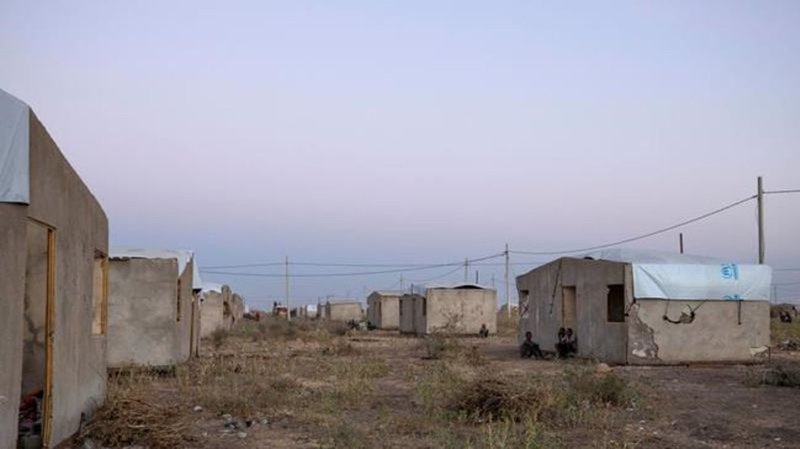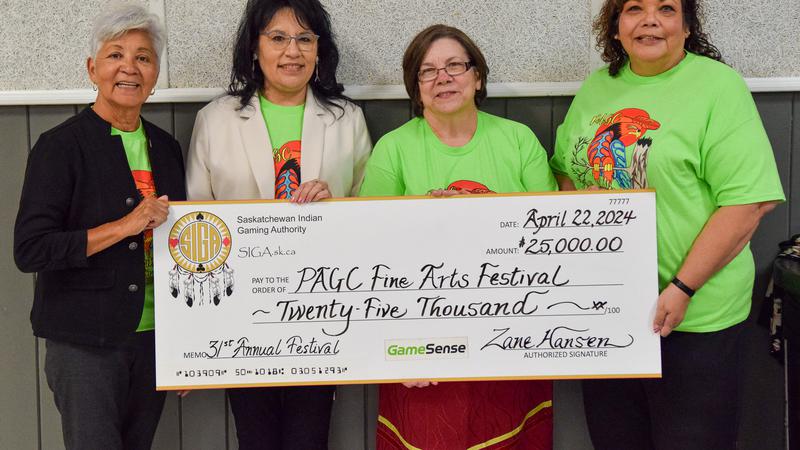
Shadowy Ethiopian massacre could be ‘tip of the iceberg’
UMM RAKOUBA, Sudan — The only thing the survivors can agree on is that hundreds of people were slaughtered in a single Ethiopian town.
Witnesses say security forces and their allies attacked civilians in Mai-Kadra with machetes and knives or strangled them with ropes. The stench of bodies lingered for days during the early chaos of the Ethiopian government’s offensive in the defiant Tigray region last month. Several mass graves have been reported.
What happened beginning Nov. 9 in the agricultural town near the Sudanese border has become the most visible atrocity in a war largely conducted in the shadows. But even here, much remains unclear, including who killed whom.
Witnesses in Mai-Kadra told the Ethiopian Human Rights Commission and Amnesty International that ethnic Tigrayan forces and allies attacked Amhara — one of Ethiopia’s largest ethnic groups but a minority in Tigray. In Sudan, where nearly 50,000 people have fled, one ethnic Amhara refugee gave The Associated Press a similar account.


